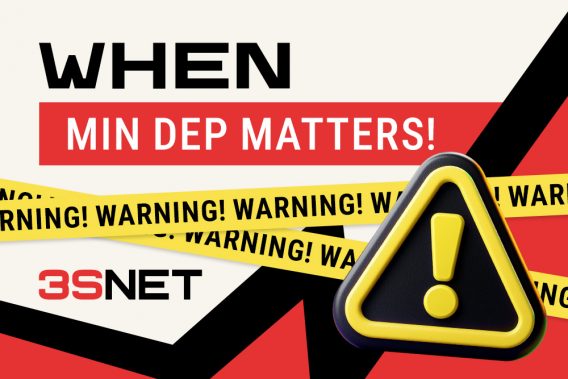
Publication date: 18 Jun 2019
THE LAW BANNING VPN: WHAT DO WE NEED TO KNOW?
What is about Virtual Proxy Network services in other countries?
In other countries like Turkey, Iran, North Korea, the UAE, VPN blocking proved not to bring about the desired result: people continued using VPN services. Over time, some countries refused to introduce a total ban on VPN. A simple rule turned out to be more effective: VPN can be used except when it is used to commit a wrongdoing.
Can ordinary people be held liable for using a VPN in Russia?
Sergey Varava, a lawyer from the bar “Sever” of the Lipetsk region, commented on the issue, “No liability is now imposed on an ordinary user for accessing a resource (website) that is blocked in the Russian Federation or using a VPN service. Only search engines can be held administratively liable for nonfulfillment of the obligation to remove information from search results about resources which Russia has restricted access to.”
Share it with your friends via favorite social media
























